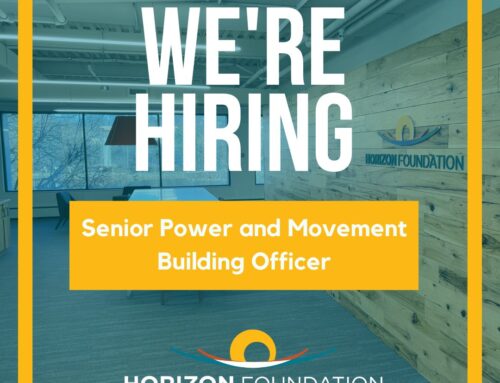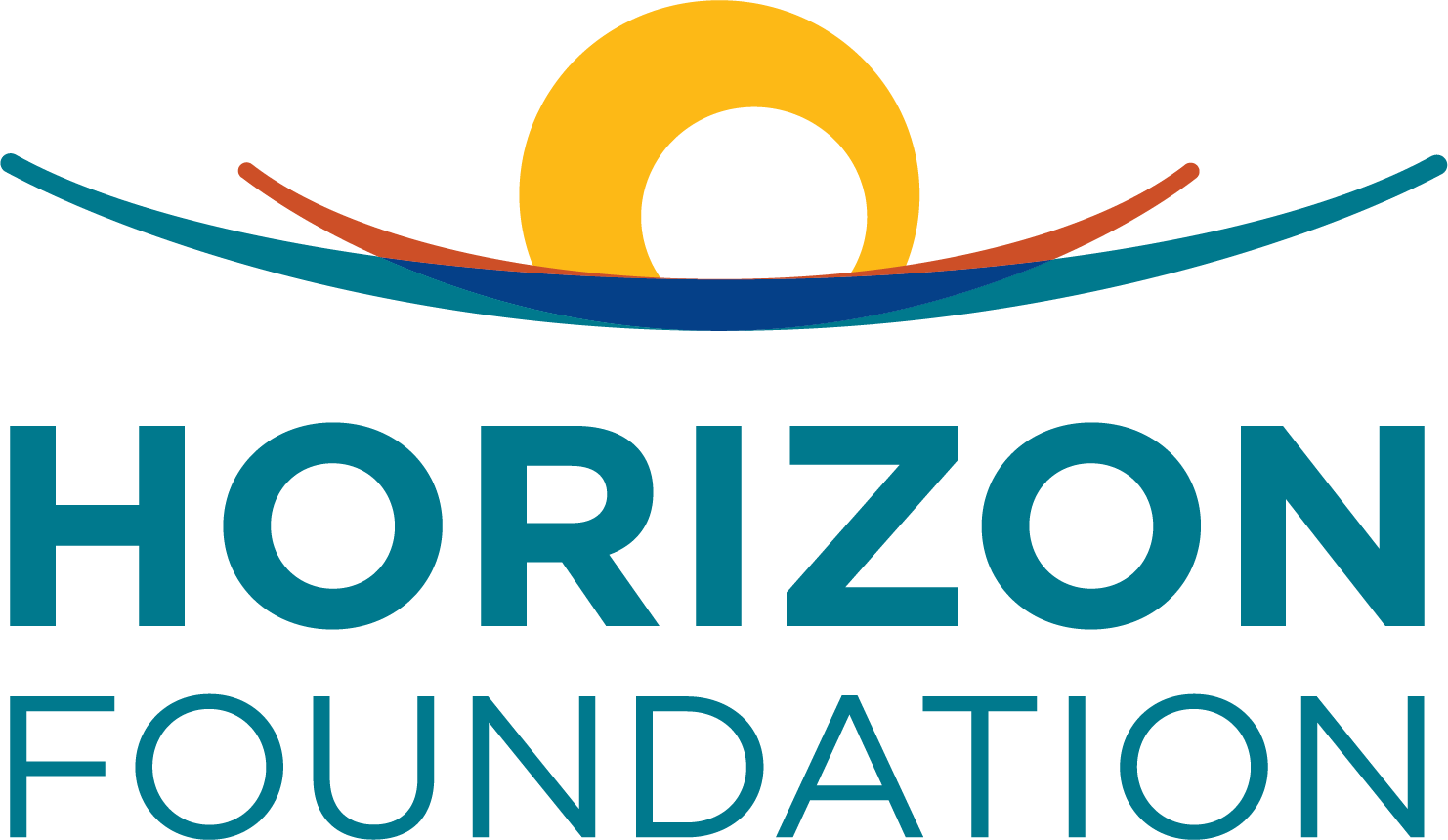Earlier this month, our communications team, Cat Harmon and Kerry Darragh, attended ComNet22, the annual conference for communications professionals working on issues for social change. Inspirational keynote addresses included Molly Levinson, who helped the U.S. Women’s National Soccer Team win their fight for equal pay; Stephanie Land, author of Maid; and the Innocence Project, whose work helped get Pervis Payne, a man with an intellectual disability convicted of a crime he did not commit, off death row. There were breakout sessions on topics ranging from storytelling and changing narratives, to supporting local journalism, to improving digital strategies and engagement to name a few. Here are some key takeaways that Cat and Kerry brought back to the rest of the Horizon team.
- No one can do this work alone. Whether our causes are public health, criminal justice reform, environmental protection or others, the change we are seeking is difficult to achieve – and our impact can be exponentially greater if we collaborate, instead of compete, to get things done. It is also important to treat your audience as an extension of your team. When we are pursuing social change, the community must be a part of the team working to achieve those goals.
- Everyone has a story that connects to a larger purpose. As social change communicators, we tell stories with the goal of changing policies and systems, along with hearts and minds. But too often, we ignore the stories of those who are most impacted by oppression. We must elevate the voices of those who have been historically marginalized, and by amplifying their stories, we can connect them to others with similar lived experiences and break down barriers to change. Everyone has a story worth listening to.
- Cultural mindsets are hard to change, but it is necessary work. Cultural mindsets influence how we see the world and make decisions, and those attitudes are strong and durable. It is not easy to change someone’s worldview or opinions on sensitive issues. But we know that mindsets can change with time which can lead to policy and systemic change. We must keep working to reach audiences and build strong, unifying narratives about how we can solve big, sticky problems in our society.
- Language matters. Whether it is intentional or not, what you say and how you say it can be the difference between success or failure. Often times, in our attempts to be correct, we come off as lacking care and can cause harm to the very audience we are intending to reach and support. Being deliberate and conscious about the language we use as well as the context are important. A great rule of thumb – when tempted by correctness, reorient to care.
- Always fight for what is right. Issues like systemic racism, economic inequality, misogyny and homophobia are entrenched in our society. There are powerful, well-funded industries and longstanding historical patterns of inequity that are incredibly difficult to break down. But framing our causes as fighting for what’s right and what’s fair will always unify people and make them want to be on your side. Sometimes we might lose more often than we win but making our work as inclusive as it can be and finding good champions to carry the message will help lead to the change we want to see.
Can’t wait for ComNet23 in Atlanta to keep learning from our fellow “comms for good” professionals!





